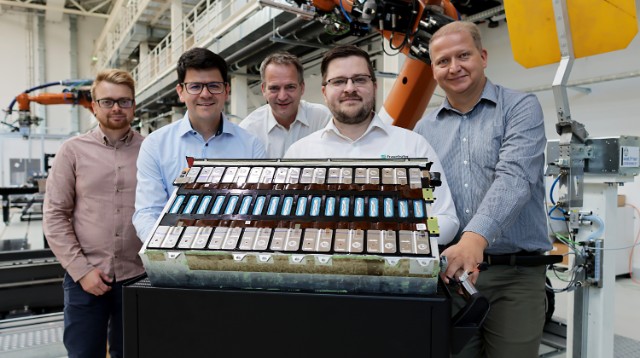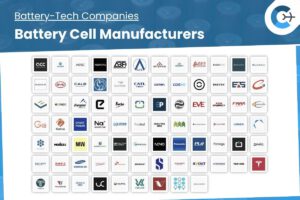After years of operation, many electric vehicle traction batteries retain between 70 and 80 percent of their original capacity. While this level of performance may fall short for automotive applications, individual cells and modules can still serve effectively in stationary energy storage systems for homes, businesses, and utilities. Shredding these used high-voltage batteries would discard valuable materials, whereas repairing and remanufacturing can preserve resources and extend component lifespans. Specifically refurbished cells can be repurposed for long-term use in new applications.
Researchers at Fraunhofer IWU, led by Dr. Rico Schmerler in collaboration with EDAG Production Solutions, are developing methods to efficiently and cost-effectively dismantle traction battery components. Automation is key to making these processes economically viable at scale. To meet the anticipated tenfold increase in end-of-life batteries across the European Union by 2030, the team is planning a pilot plant in Chemnitz that goes beyond conventional recycling and shredding techniques.
The future facility is designed for largely damage-free disassembly down to the cell level. This precision allows operators to identify and replace defective or aged cells, granting packs a genuine second life. It also reduces demand for energy-intensive production of new cells and streamlines recovery of critical raw materials such as lithium and cobalt from cells that cannot be refurbished.
Equipped with AI-supported, variant-flexible machinery, the automated plant will handle diverse high-voltage storage systems safely and efficiently. An integrated system will assess the state of health of modules and cells, ensuring only reusable components are returned to service. Cells that pass these diagnostics may even be integrated into new traction battery assemblies.
Beyond dismantling capabilities, the Chemnitz site will serve as a data platform to standardize recycling and recovery processes. Collected data will inform the development of qualification profiles for skilled workers in Saxony, where interdisciplinary expertise in mechanics, electrical engineering, and computer science will become increasingly important for the automotive and battery industries.
Source: Fraunhofer IWU Press Release
















